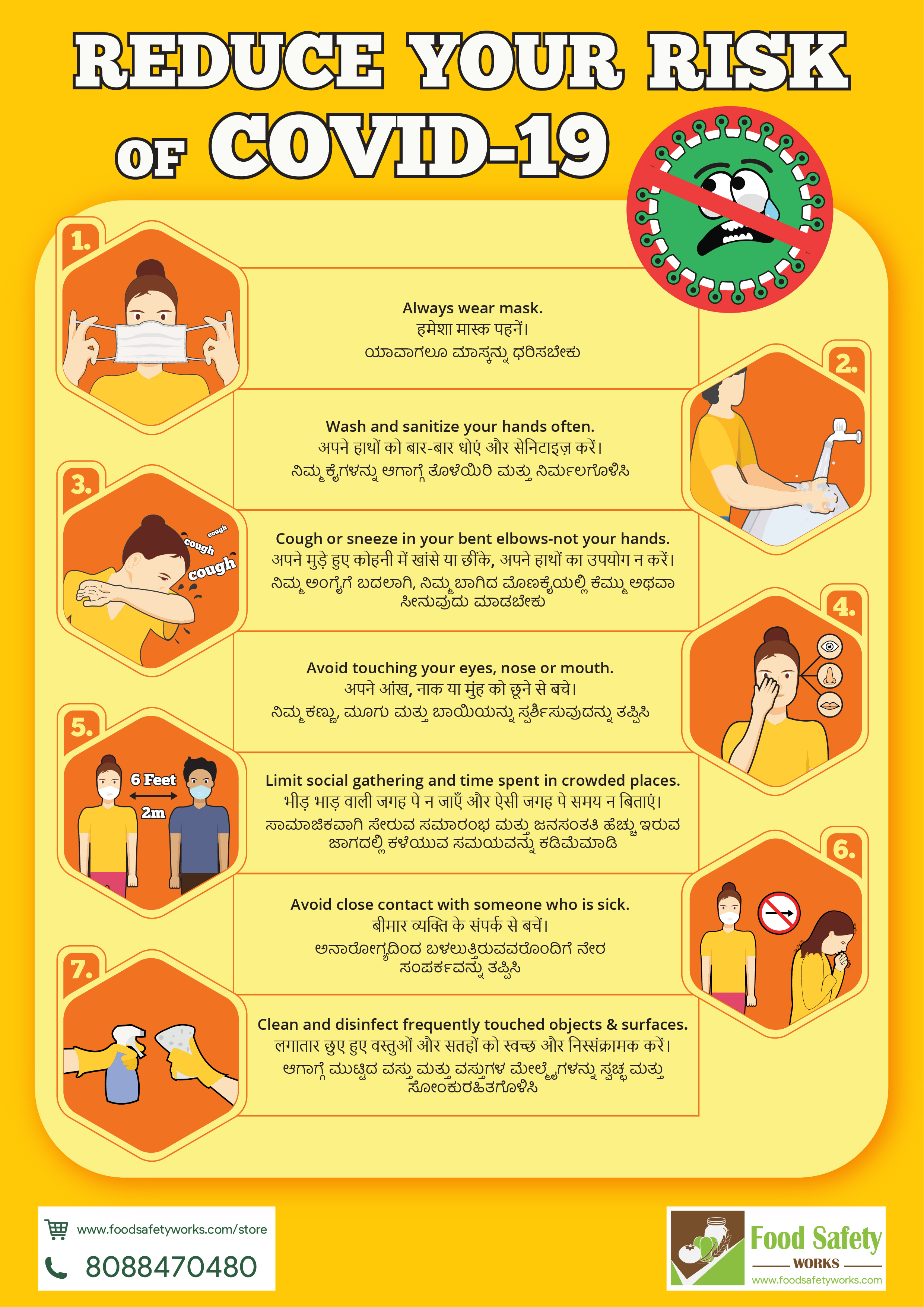A new report carried out by German officials suggests that even though exposure to dangerous aluminum compounds in foods has been decreasing, we are still ingesting more of this substance than experts deem safe. What can we do to minimize our exposure to aluminum compounds?
While some people may find it hard to believe, the truth is that people face exposure to and likely ingest some quantity of aluminum compounds daily. This regular exposure occurs because aluminum is present in many products, including food, cosmetics, baking tools, and, of course, aluminum foil. Researchers explain that aluminum compounds are present in drinking water, helping to purify it, as well as being an additive in processed foods, where they serve a range of purposes, including as an emulsifying agent and a food colorant. Sometimes, fresh fruit or vegetables contain aluminum compounds. This happens because human activities, such as mining, have contaminated the soil with aluminum. Some cosmetic products, particularly deodorants, contain aluminum salts that manufacturers include to enhance the products’ antiperspirant effects. This metal is also present in baking trays and other cooking utensils. However, its use is most apparent in cooking foil or takeaway tubs made out of it.
Non-food products top source of exposure
“After oxygen and silicon, aluminium is the third most abundant element and thus, the most common metal of the earth’s crust,” write Tietz and his colleagues. They found that the average weekly diet-related aluminum exposure for an adult was 50% of the tolerable weekly intake set by the European Food Safety Authority (EFSA), namely 1 milligram per kilogram (mg/kg) of body weight per week. However, they warn that the aluminum intake remains at a potentially harmful level across all age groups. “The most important non-dietary intake source of aluminum is dermal [skin] exposure from cosmetics, especially antiperspirants. They advise consumers to check whether the cosmetic products, such as deodorants and toothpaste, that they use contain aluminum compounds. If an individual needs to use these particular products, the researchers recommend that they do so sparingly. Previous studies have linked frequent exposure to high levels of aluminum to neurotoxicity (adverse health effects on the central or peripheral nervous system or both), Alzheimer’s disease, and breast cancer. Despite this, it remains unclear just how unsafe aluminum compounds are, whether they do cause harm, and under what circumstances. While the EFSA leans toward stricter regulation of aluminum-containing food products, the Agency for Toxic Substances and Disease Registry state that “[o]ral exposure to aluminum is usually not harmful.” Read the complete article here.




